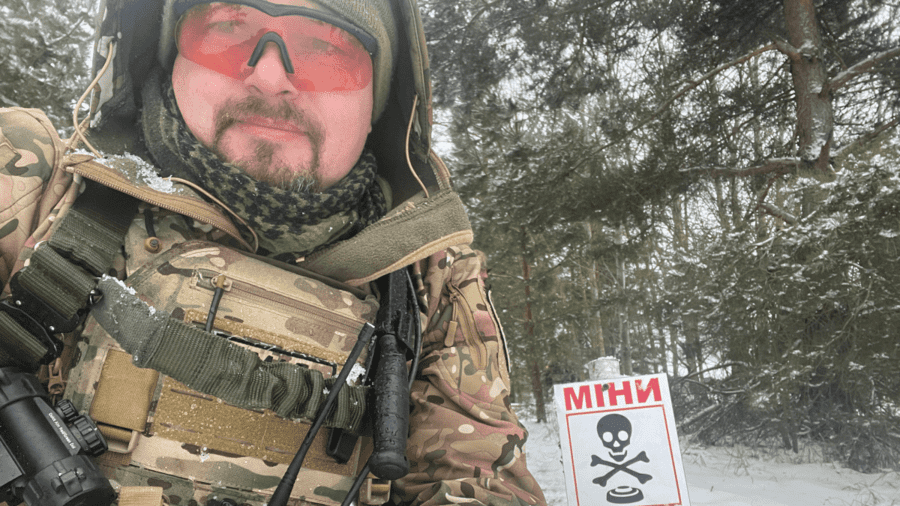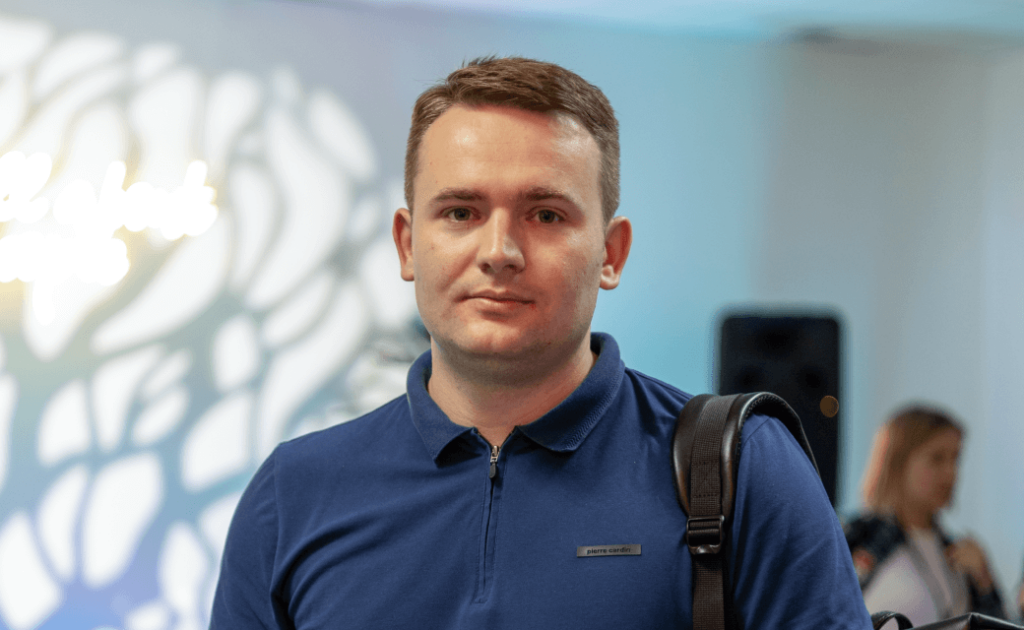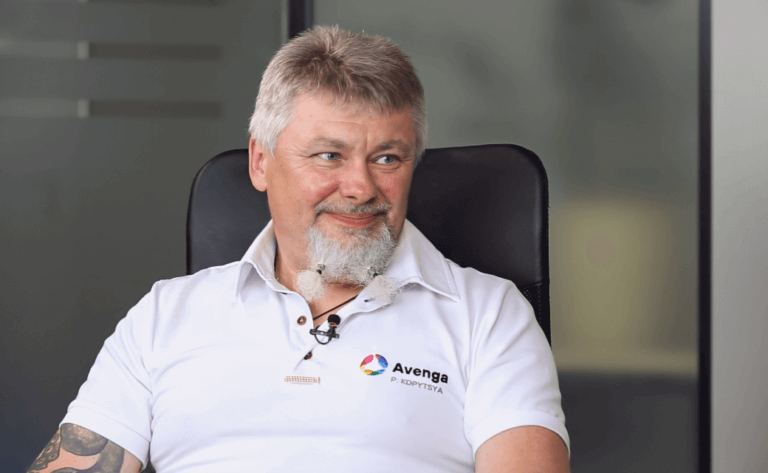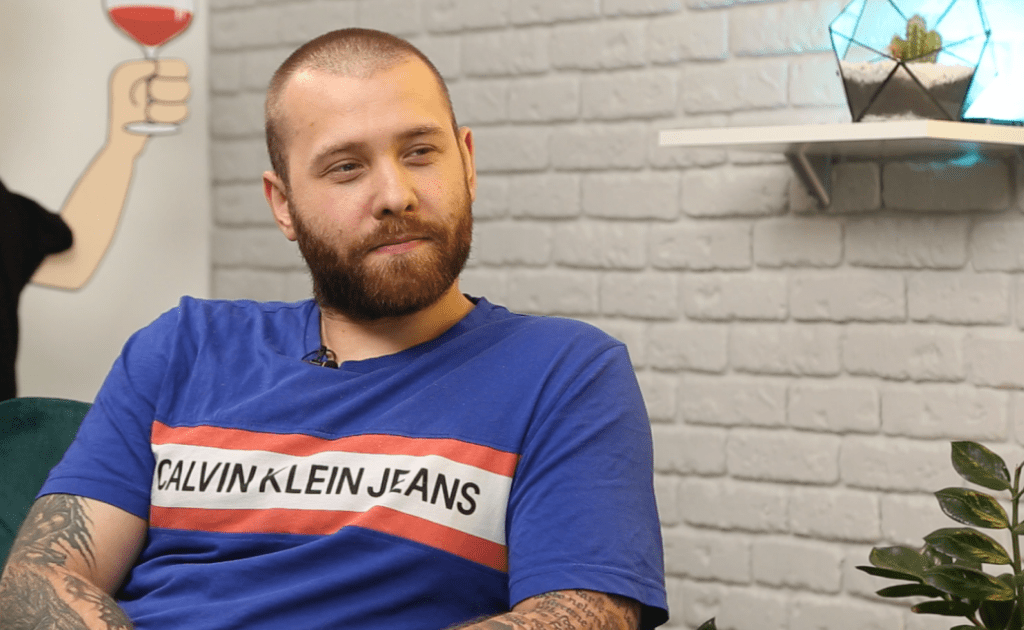Vasyl, you spent almost a year and half serving in the Armed Forces of Ukraine, tell us about your service.
I was mobilized at the beginning of spring 2022 and demobilized in late summer 2023. My military path lies from the Chernihiv region to the Donetsk region (Bakhmut) as an infantry officer. Many things happened during this time, but when it was calm, I tried not to lose connection with IT.
By the way, I prepared and completed the SEI course and gained a Software Architecture Professional Certificate thanks to colleagues from Avenga, who supported me and helped with learning materials and tips. They even sent me a laptop that I used in both military and IT ways. Avenga helped me a lot when I was mobilized: equipment, finances, and just good words. I am extremely thankful to all specialists for their support.
Did your experience in IT help you in any way during your service?
I led a platoon of 30 people. These were individuals with significant life experience, ingrained habits, and points of view, so making them into a team was quite a challenge. Therefore, my experience as a project manager on large IT projects proved very useful. Overall, I believe that the main rule of a good leader is to organize everything in a way that maximizes the use of people’s skills and doesn’t interfere with them.
Skills in systems thinking and process optimization also helped me. Contradictory commands negatively affect the unit’s morale. Therefore, I always tried to ask or understand the expected result before making decisions for maximum efficiency.

Vasyl, could you share some practical advice for navigating the transition to civilian life?
Regarding adjusting to civilian life – I can’t say it was hard because, for me, it happened smoothly, so to speak. As for advice on how to help others adapt – it’s hard to say… Everyone has their own “baggage” brought from the war, but one thing I can say is that it’s probably important to feel needed and be involved in work or other activities.
Anyway a lot has changed during that time, but when I came back, the Avenga team welcomed me well. They haven’t forgotten 🙂 I kept in touch with many while being at the front, so I was somewhat aware of what was happening in the company.
Vasyl, after returning, you became a co-founder of Brave IT, a non-profit organization that provides free IT training for the military, veterans, their families, and the families of fallen defenders. Please tell us more.
I know everyone is actively involved in supporting our Armed Forces, but there is another side to this war. Many veterans have already suffered serious injuries and will no longer be able to return to their civilian occupations. Considering this, along with other co-founders, we decided to create Brave IT to provide free IT courses and assist with further employment. There have already been cases where active military personnel could transfer and serve in IT units of the Armed Forces after completing our education program.
Currently, we have launched courses in HR, Marketing, Java, Python, etc. However, a bunch of other courses are being prepared based on potential students’ interests. Among them is an iOS course that I helped prepare.










